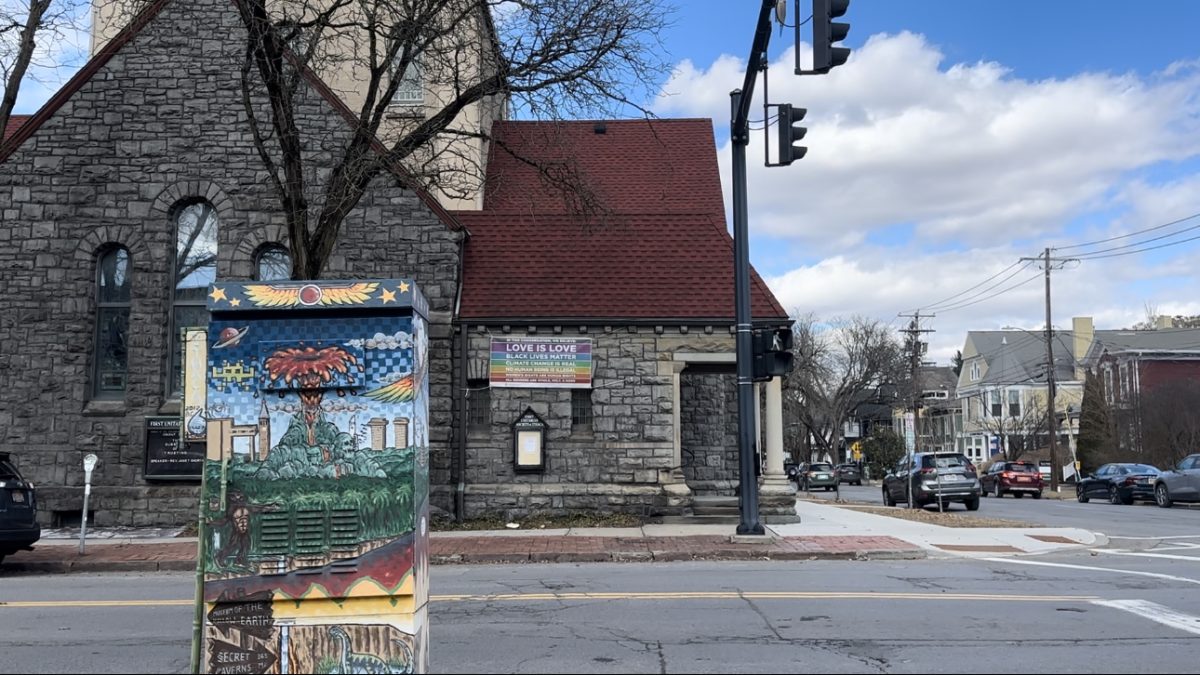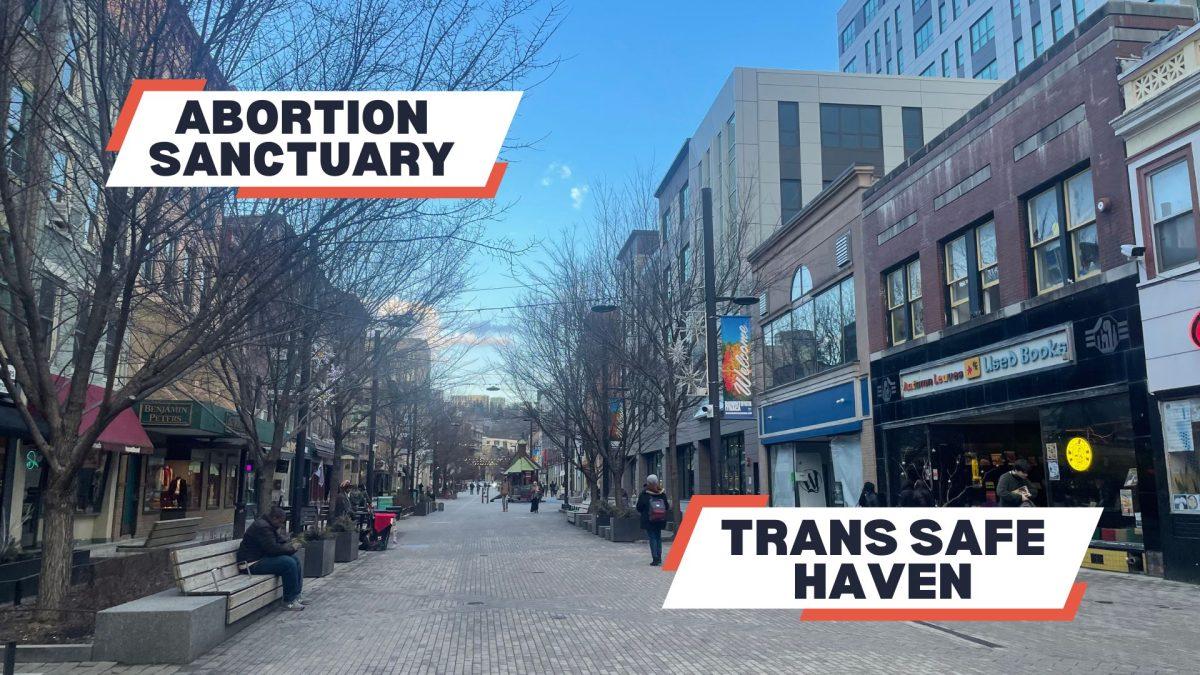On April 22, the Senate voted 94-1 to pass the Covid-19 Hate Crimes Act. The act would help raise awareness about hate-crime reporting.
This bill comes in the wake of widespread hate against Asian American communities as a result of Covid-19.
Effects of Covid-19
Covid-19 has influenced hate directly targeted towards Asian American communities. Nicknames like the “chink” virus and the “kung flu” are a few micro-aggressions that Asian-Americans receive. Recently, there have been reports of incidents that went viral. In Brooklyn, an 89-year-old Chinese woman was slapped and set on fire. On the New York subway, a 61-year-old Filipino American was slashed in the face with a box cutter. These are just a few examples of anti-Asian hate crimes.
Michelle Pei is the vice president of Advertising for the Asian American Alliance at Ithaca College. Pei believes acknowledging and reconciling the current issues surrounding the Asian-American community is crucial if we want to see change.
“Something that I think is really important is to shine light on these issues and make sure none of us are being gaslit about the fact that we also experience racism, and we also experience hate crimes,” Pei said.

The Bill
The Covid-19 Hate Crimes Act aims to do just that, bring awareness to the discrimination Asian-Americans face.
Angela Rulffes, a professor at Ithaca College and attorney,
“It requires the attorney general’s office to designate an officer at that department who’s going to expedite review of hate crimes,” Rulffes said. “They’re going to work with the local and state government to create this platform so they can report hate crimes, collect data and track them.”

The bill will help law enforcement get a better idea of what hate crimes are happening so they can prevent them in the future.
The bill will give a community a community that’s historically been overlooked a better way to protect themselves. While Asian-Americans are one of the largest minority groups in the U.S., they are often left out of conversations about racial oppression. Anti-Asian hate in America is not something new, and this bill would help bring awareness to those experiences.
Wendi Yamashita is a professor of Asian-American studies at Ithaca College. Her profession has given her a broad knowledge of the history of anti-Asian hate in America.
“Since the early phases of Asian migration there have been instances of white vigilante violence, but also a kind of violence that’s been instituted by the law” said Wendi Yamashita. “With Covid-19 we saw that kind of resurgence if we think about the Trump administration and those kind of folks identifying China with disease,” she said.
Upsides and Downsides
Like any other law, there are pros and cons to this bill. When talking about the bill, it’s important to acknowledge both.
“What these laws do is they tend to put a focus on crimes that are targeted towards certain groups because the person that’s the victim of the crime, they are being harmed, but also other people who are like them,” Rulffes said. “It brings that to light and helps us to see how much is happening.”
Despite the benefits of the bill, not everyone is on board.
“The focus on hate crimes, while significant and I do think it’s important, it just kind of misses the mark on the larger structural level,” said Yamashita. “These violences are going to continue happen because the structures are in place.”
The act is the first step in preventing anti-Asian hate crimes, but it is going to take more than that to fix the structural issues at hand.
Asian American Alliance

For Asian-American students at Ithaca College looking for a safe place where they feel welcomed, consider joining the Asian American Alliance on campus.
“I’d like to say that we are a good mix between fun interactive and cultural activities and also . . . deeper informational, and heavier, conversations,” said Pei.
Meetings are held every Thursday at 6 p.m. EST. More information can be found on their Instagram page, IC Asian American Alliance.






